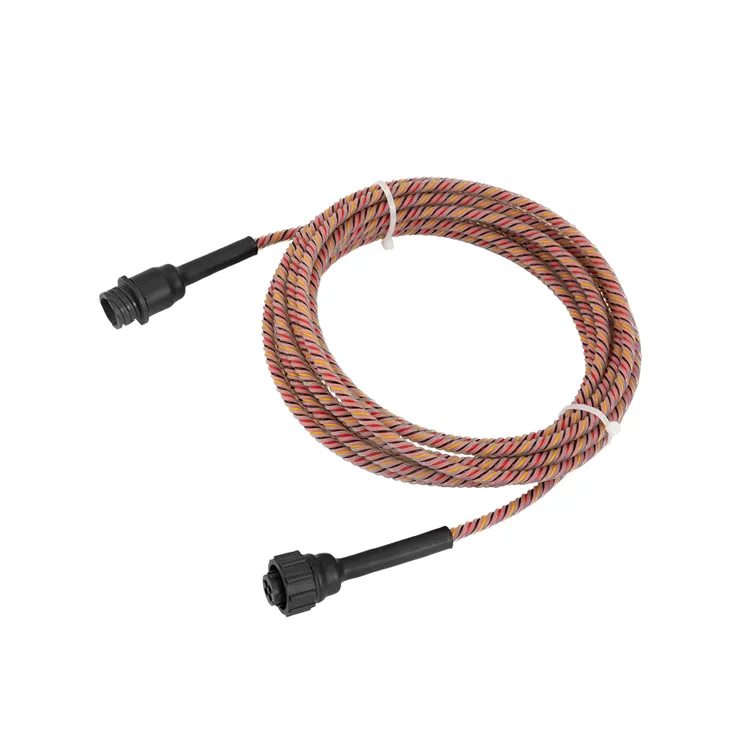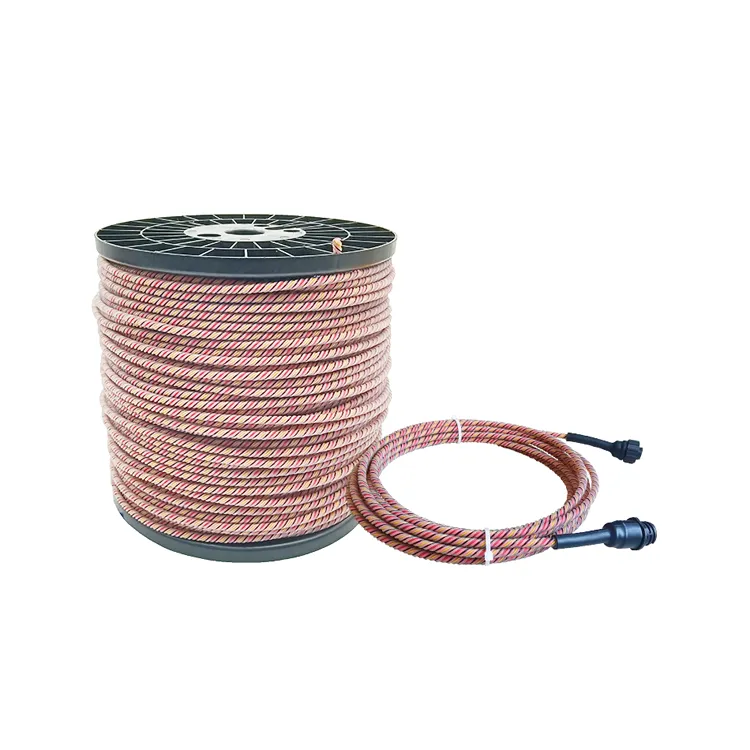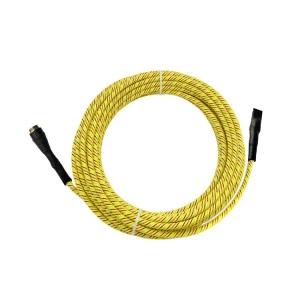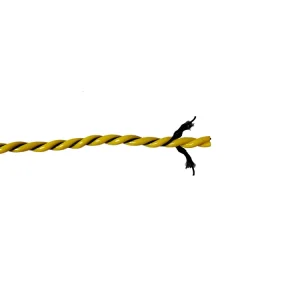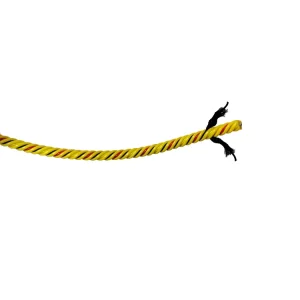#Overview
The EX-LS-C4 is a specialized sensing cable that safeguards environments where hazardous chemical spills are a risk. It is designed to trigger an alarm when it comes into contact with conductive corrosive liquids, enabling a rapid response.
#Key Features
- Wide Chemical Detection: Responds to acids and alkalis.
- Corrosion-Resistant Construction: Designed to maintain integrity even when exposed to harsh chemicals.
- Immediate Alarm Trigger: Provides instant notification upon liquid contact.
- Easy Integration: Works with standard leak detection controllers for seamless system expansion.
#Technical Specifications
- Model: EX-LS-C4
- Type: Chemical-Specific Sensing Cable
- Cable Diameter: φ6.0mm
- Max Operating Temperature: 80 °C
- Detection Liquids: Trichloroethylene (100%), sulfuric acid (98%), hydrochloric acid (37%), hexane (100%), methanol (100%), sodium hydroxide (10%), xylene (100%)
- Application: Industrial and Laboratory environments
#FAQ
-
Q: Can it detect all chemicals?
A: No, it is designed for conductive chemicals. It will not detect non-conductive liquids like oils, fuels, or solvents. -
Q: Is the cable itself resistant to corrosion?
A: Yes, it features a chemically resistant jacket, but prolonged exposure to strong corrosives should be avoided. Regular inspection is recommended.
